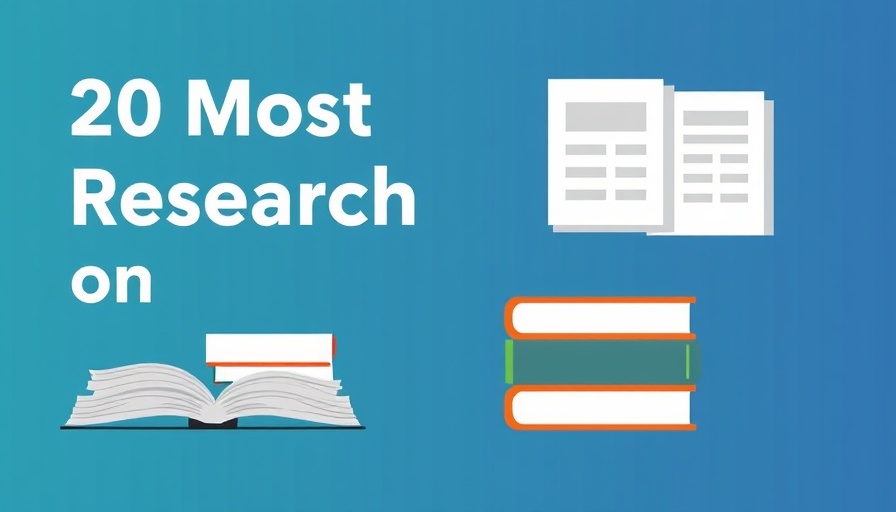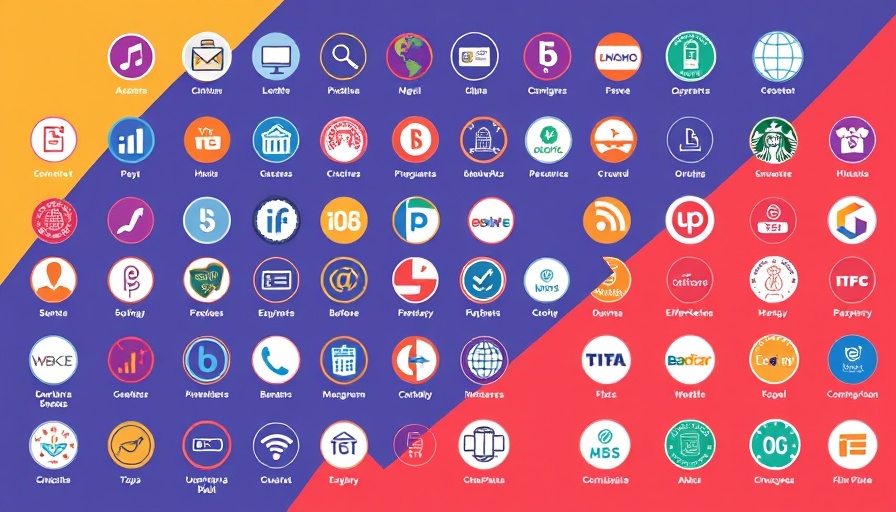
Understanding the Impact of MOOCs on Education
Massive Open Online Courses (MOOCs) have transformed the landscape of education, allowing millions to access knowledge from premier institutions at no cost. With the number of MOOC participants swelling over the years, researchers have aimed to dissect this phenomenon to better understand its implications on learning and teaching practices worldwide.
Insights from the Most Cited MOOC Research Papers
In a significant effort to map out the evolving trends in MOOC research, a compilation of the most cited papers was produced, revealing valuable insights into how these courses shape education. Among the notable findings, a study published in 2014 by PJ Guo et al. analyzed over six million video sessions to determine what keeps students engaged. Their conclusion stresses the effectiveness of shorter videos and informal styles, suggesting that adopting these elements could enhance learning experiences.
Debunking Myths: What MOOCs Really Represent
Another influential paper by J. Daniel illustrates the complexity surrounding MOOCs. It emphasizes that while these courses are celebrated for their accessibility and scale, the true revolution lies in traditional universities embracing the concept of openness. By challenging established norms, MOOCs usher a potential for these institutions to enhance their educational offerings, debunking any myths about their limitations.
Quantifying the Growth of MOOC Literature
A significant systematic review by Liyanagunawardena and colleagues examined MOOC literature from 2008-2012 and highlighted a growing body of scholarly work. This analysis not only provided quantitative measures of MOOC publications but directional insights for future research, reinforcing the idea that the MOOC field is ripe with opportunities for further exploration.
Implications for Educators: Utilizing Research to Enhance Teaching
Educators and instructional designers can greatly benefit from these findings. By staying informed on the latest research, they can adapt their curricula to incorporate effective teaching techniques identified in these studies. For instance, engaging with the concept of short, dynamic videos could drastically improve student retention and satisfaction, showcasing the importance of evolving teaching methods.
The Future of MOOCs and Learning Analytics
As the field of education technology continues to develop, utilizing AI tools for business and learning contexts becomes increasingly vital. Tools like ChatGPT for education can assist educators in customizing learning experiences. These advancements allow educators to maintain individual engagement, providing personalized learning pathways even within the framework of massive courses.
Final Thoughts on the Promise of MOOCs
In reflecting on the future of MOOCs, it’s essential to recognize both their challenges and opportunities. With an ever-expanding body of research, educators have the tools to innovate and adapt. This continuous learning cycle enables the integration of AI in learning environments, ultimately enhancing the educational landscape.
As MOOCs gain traction, educators are encouraged to explore the wealth of resources available to them. By engaging with insightful research and utilizing AI-powered tools, they can create meaningful learning experiences that resonate with today’s learners, preparing them for the complexities of the modern world.
 Add Row
Add Row  Add
Add 





Write A Comment